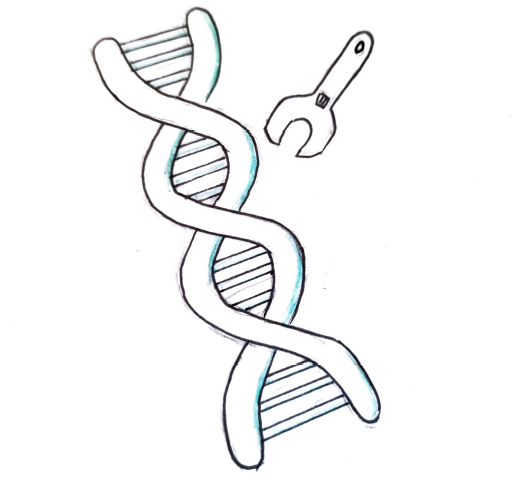In a rapidly developing industry, genome editing technology has been growing to a point where “food, drugs, cosmetics, and biofuels” can be synthesized by microbes. Eric Rhodes investigates this phenomenon through the use of CRISPR/Cas9 gene editing technology. Emmanuelle Charpentier and Jennifer Doudna’s findings reveal how scientists can target specific segments in genes and then inactivate, delete, insert, and alter to however the scientist pleases.
At a closer look at what CRISPR technology is, Rhodes, elaborates and shows that multiple genes can be edited. It can be altered to produce any of the approximately 30 biosynthetic gene clusters to produce any natural product. Some popular compounds that are produced include carotenoids, citric acid, 1,3-propanediol, phenylethanol, and squalene. This can make great strides by making common commodities more accessible to the average human. Whether it is pigments (cartenoids), flavoring agents (citric acid), cosmetics (phenylethanol), or components in vaccines (squalene), the opportunities are endless.
We had recently done a bio lab on E.coli and through independent research, we found E.coli’s importance to our digestive system. CRISPR technology too can be used in the engineering of enzymes similar which have seen massive practicality in the modern world. In biology class we learned about epigenetics and how gene expressions can be more pronounced or repressed. In the case of CRISPR technology, CRISPRa involves fusing a catalytically inactive Cas9 (dCas9) protein to a transcriptional activation domain, which can attach transcriptional things to a specific promoter and enhance gene expression.
Perhaps a more pressing matter that this CRISPR technology can target is finding greener alternatives in our world. Rhodes claims that “CRISPR can also be used to modify microbes to grow at lower temperatures” this way high demand species that are endangered will have less pressure of being threatened. This could pose a creative way of solving some endangered species problems by simply providing a cleaner alternative.
The growing potential of genome editing technology, specifically CRISPR/Cas9, to produce a range of useful products from common commodities to components in vaccines, presents endless opportunities for the future of industrial biotechnology, and may help address issues related to endangered species.



Leave a Reply